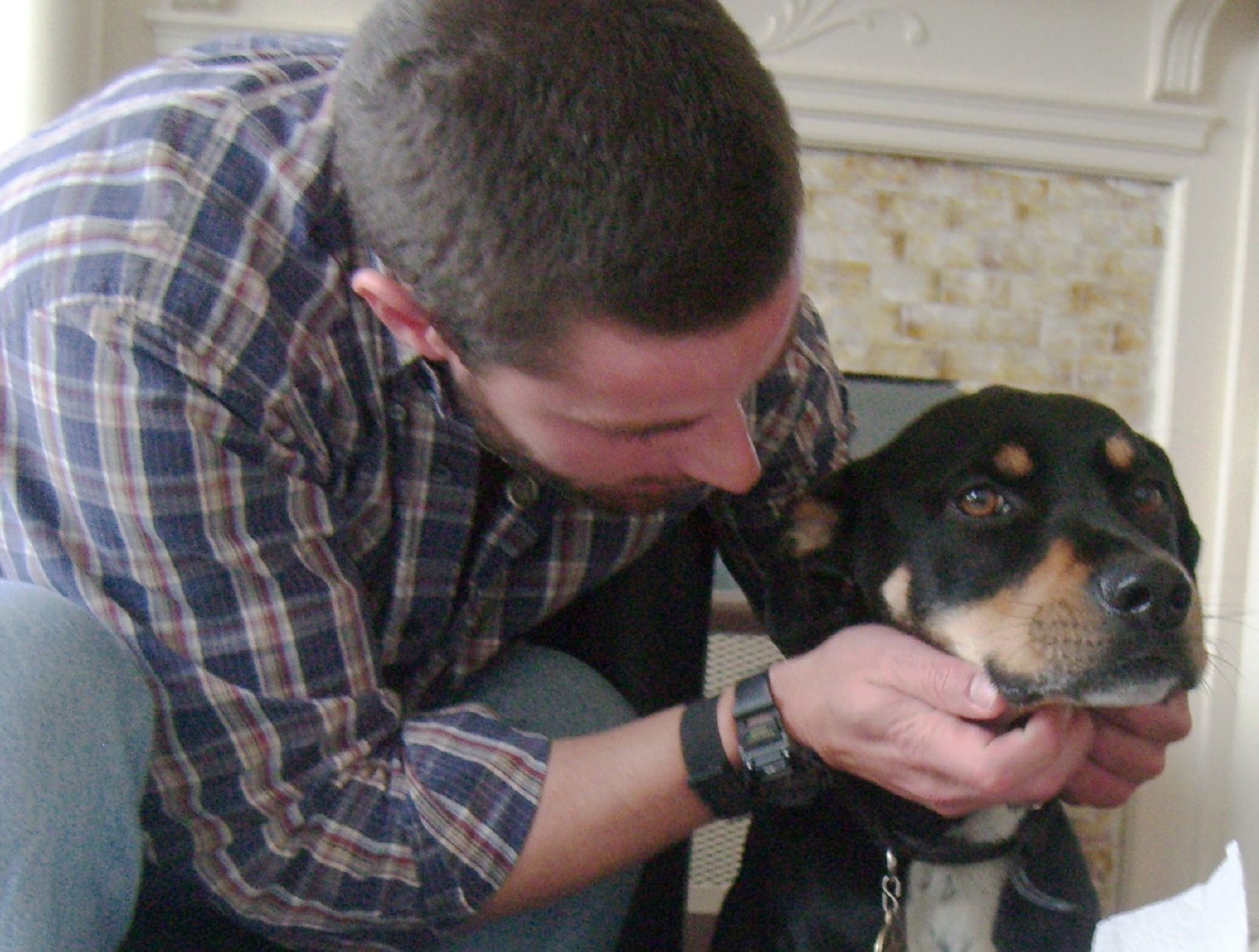Taking care of puppies is tough. Just as challenging as caring for newborn children is, the newborn puppies require constant care and attention. It is however rewarding and even enjoyable. These listed tips will make caring for the vulnerable creatures easier:
- Comfort and warmth
You will have to keep the newborn puppies warm and comfortable because they cannot regulate their temperature. Creating a comfortable den for the puppies can be done by using available materials like cardboard boxes with puppy pee pads or newspapers working as the lining or beddings. These should be regularly changed.
- Keeping puppies with their mother
The den should accommodate the puppies with their mother. Separation of puppies from their mothers is ill advised because they rely on them for sustainability post birth.
The puppies’ mother will provide nourishment from her milk for their fast development and growth. The milk also builds their immune system and this is the best time for the mother to rest. The bond is also good in strengthening their systems.
- Feeding
The newborn puppies or puppy should be fed using their mother’s milk for the first four weeks. This helps in boosting their immunity and will be done instinctively by the mother every 2 to 3 hours.
Absence of a mother will necessitate a veterinarian opinion on the suitable milk they can be fed on. Depending on the breed, you can feed them puppy food. If you have a Labrador, Labrador puppy food will be suitable for the puppies. A mixture of dry and wet food will work for the puppies after four weeks.
Bottle-feeding for newborns without their mothers and tube feeding for weak puppies is important.
- Weight monitoring
Your puppy should have its weight monitored often. Besides having physical evidence of weight gain, chubbiness, the weight should be monitored to ensure that they are within the expected weight range. They should gain between 10 – 15% of their body weight in their first few weeks.
- Professional support
You must contact a veterinarian to give you professional support on puppy care and lifestyles of puppies. You will also learn of the vaccinations they require and the medical symptoms to watch out for that warrant immediate attention.
- Diseases
Before you make a decision to breed or keep a puppy or puppies, you must know all the diseases that that breed will be susceptible to. With a veterinarian’s guidance, you will know when to call for help. Symptoms to watch out for include rejection by mother, poor nursing, crying, diarrhea, or excessive vomiting.
- Elimination
You have to help the puppies urinate or defecate. Dog mothers will help them by stimulating their pups. You can stimulate excretion using mild touches but they should be able to relieve themselves by their third or fourth week. Signs of infections can also be seen through their stool.
- Keep a flashlight
You will notice that your puppies may seek comfort under your sofas. Finding them can be tricky. Therefore, you should keep a flashlight close to find them easily.
- Visitors should be germ-free
Puppies have weak immune systems and germs from the outdoors will affect them. Washing hands and keeping shoes outdoors will keep them safe. All feeding equipment should be sterilized.
- Flea treatment
Once they hit six weeks, you can apply flea treatment on them. Immunization should also start then.
In conclusion, taking care of your puppy or puppies will require your dedication for twenty-four hours a day. Just as you would a child, the newborn puppies need you and you must be willing to go the whole mile if you wish to have or breed puppies.












